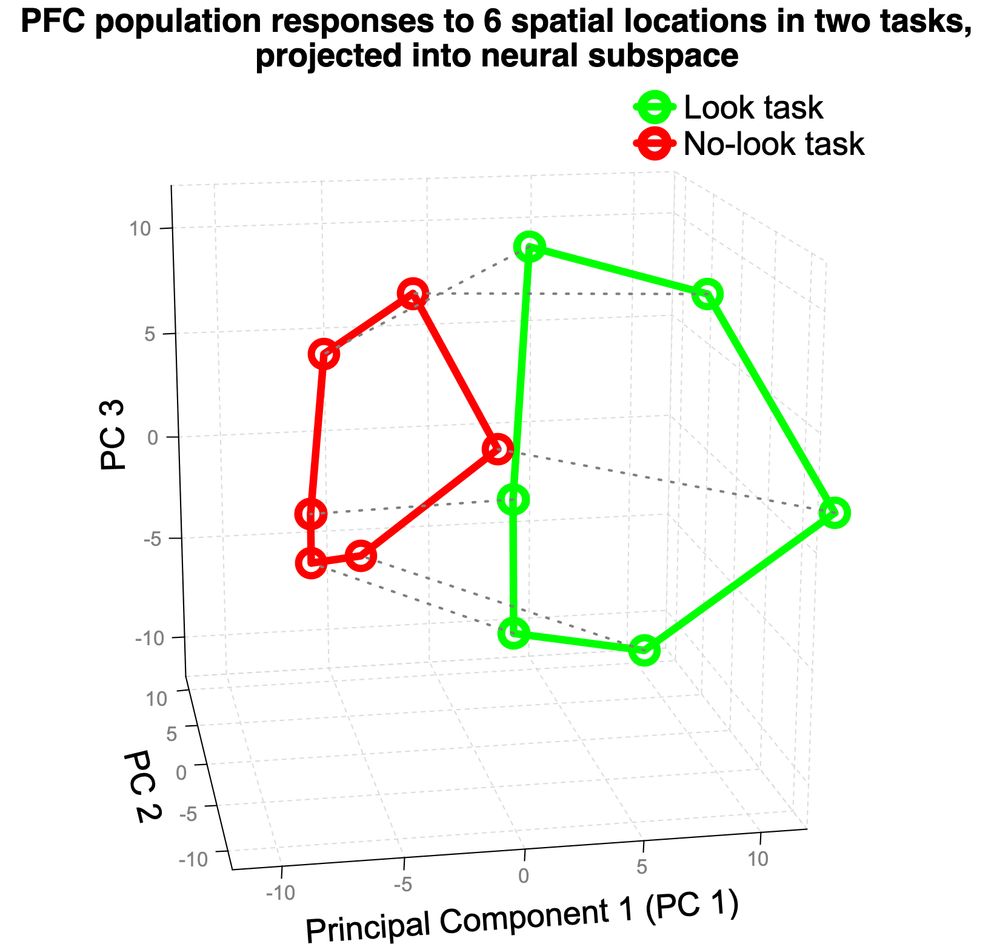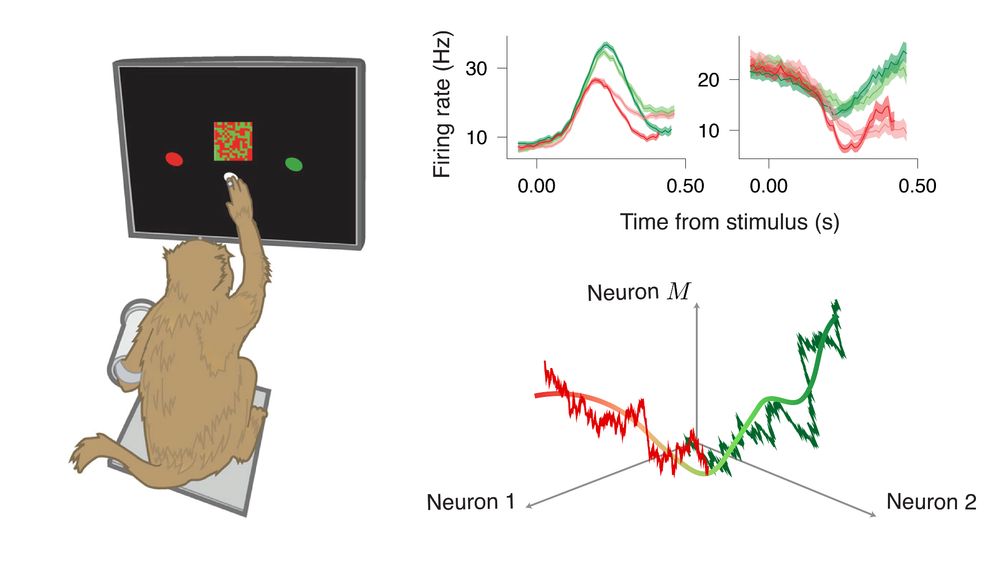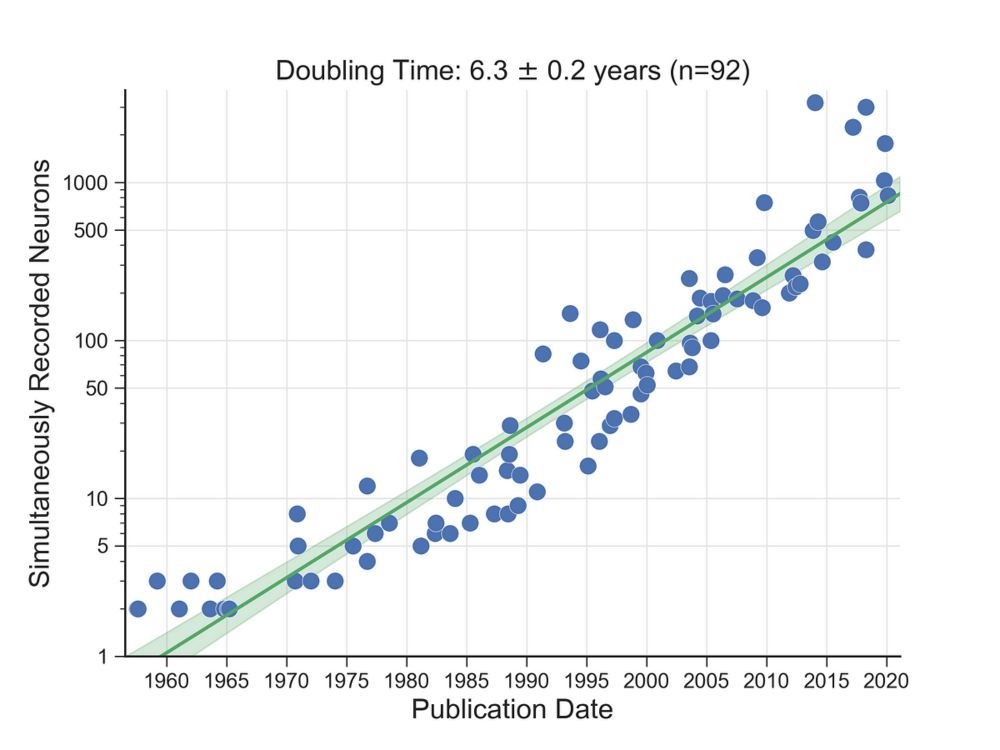JeongJun Park
@jeongjunpark.bsky.social
46 followers
60 following
2 posts
Neuroscience PhD candidate @WashU
Posts
Media
Videos
Starter Packs
Pinned
Reposted by JeongJun Park
Hayoung Song
@hayoungsong.bsky.social
· Aug 12

Geometry of neural dynamics along the cortical attractor landscape reflects changes in attention
The brain is a complex dynamical system whose activity reflects changes in internal states, such as attention. While prior work has shown that large-scale brain activity reflects attention, the mechan...
www.biorxiv.org
Reposted by JeongJun Park
Reposted by JeongJun Park
Gaia Tavoni
@gaia-tavoni.bsky.social
· Mar 16

Convergence of efficient and predictive coding in multimodal sensory processing
The existence of pathways connecting different sensory modalities in the brain challenges the traditional view of sensory systems as operating independently. However, the reasons and mechanisms underl...
www.biorxiv.org
Reposted by JeongJun Park
Jadyn Park
@jadynpark.bsky.social
· Mar 14
JeongJun Park
@jeongjunpark.bsky.social
· Mar 13
Hayoung Song
@hayoungsong.bsky.social
· Mar 13


